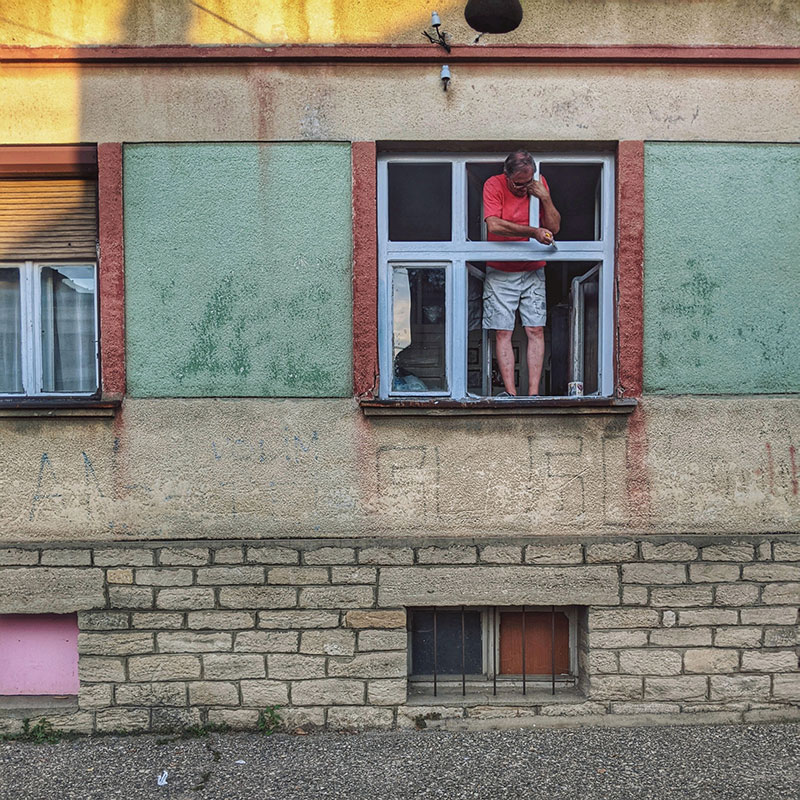
The Serbian government decided to declare a day of mourning on Wednesday, September 27. In its announcement, the government briefly states that the decision was made due to “the tragic events in Kosovo and Metohija.” They don’t mention which tragic events. Does the government consider it tragic that a Kosovar police officer was murdered, or that ethnic Serb assailants were killed in the subsequent police action? Or is it both? We don’t know for sure because the government hasn’t actually specified. The government urged media outlets and organizers of public events to adjust their activities on Wednesday to the mourning protocol so as to “pay their respects to those who died in Kosovo and Metohija.” Coupled with the ethnocentric nature of the local administration, this plural implies that grief is expected to be reserved for the Serbian victims.
So why might a day of mourning declared by the Serbian government to mourn killed Serbs be wrong, and potentially even dangerous?
First of all, according to everything we have heard in the past three days, both the Serbian and Albanian sides agree that what recently happened in Kosovo were not at all “tragic events,” but rather crimes, which the Kosovo police responded to by launching a search for the perpetrators. We see conflicting information and discrepancies in regards to whether the crimes of the group of Kosovo Serbs amount “only” to murder and illegal possession of weapons or if we’re talking about more serious crimes, including terrorism. Another disputed issue is the level of awareness and potential involvement of Serbia in these events. However, it is beyond any doubt that this group of Serbs did something that is illegal under both Serbian and Kosovar law, and the laws of any other country for that matter.
Therefore, the casualties of Serbian nationality (to use the terminology of the Serbian government) are murderers at best, or terrorists at worst. And yet, the frenzied Serbian public sees nothing wrong with the entire country mourning the deaths of such people. Quite the contrary, in the past three days, we have heard calls for the government to take a position on the recent Kosovo events precisely by declaring a day of mourning.
That this state of affairs is not only a matter of morality and common sense can be seen in the Law on the Observation of Days of Mourning. In line with this law, a day of mourning is to be declared “following a particularly severe misfortune resulting in death, injury or serious damage to the health of a large number of people.” In order for today’s day of mourning to be legal, the events that took place in Kosovo would need to have fallen under the definition of severe misfortune. According to the available information, this is not the case.
It’s relatively easy to test the distorted worldview of the Serbian government. Would it be possible for a day of mourning to be declared if an average Serb in an average Serbian town killed a Serbian police officer? And in such a way that the killer would be the subject of mourning instead of the victim? Naturally, the answer is no.
What makes this Kosovo case different then? It is the idea espoused by the current Serbian government that everything we do is always acceptable, while the actions of (ethnic and political) Others are unacceptable. This is how you create a society where killers are commemorated not only by having days of mourning declared in their name, but also with media stories about their underage children, their naïveté, their sense of justice and defiance.
If there is such a thing as a societal abyss, we are definitely at the precipice. And if anything is to be mourned today, it should be the fact that the political forces that have led us to it are still dominant and control all forms of state power.
Translated by K2.0
Kosovo 2.0, 29.09.2023.
Peščanik.net, 30.09.2023.
- Biografija
- Latest Posts
Latest posts by Sofija Mandić (see all)
- Dogovor koga nema - 19/04/2024
- Dačić’s referendum - 18/04/2024
- Dačićev referendum - 09/04/2024


